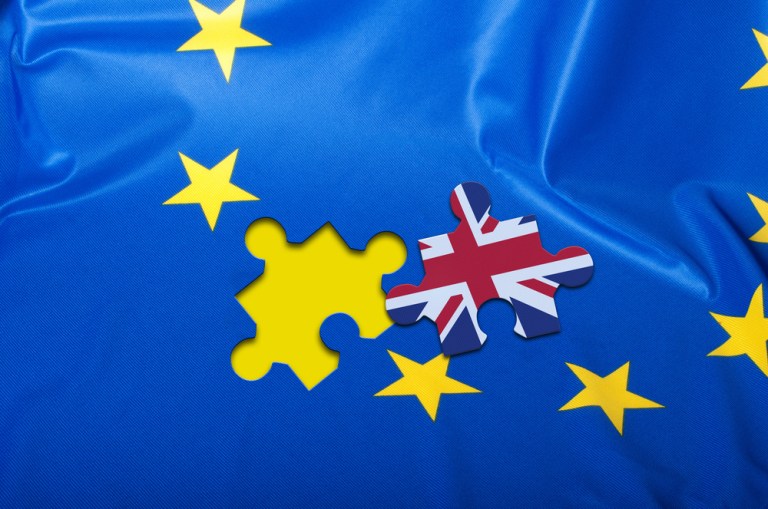Manufacturers, Uncertain On Brexit, Pull Back On Investments

If there’s one thing investors don’t like, it’s uncertainty. And that holds true for all types of investments, well beyond the stock market.
So it is with Brexit, where uncertainty is causing skittish tendencies on the part of firms across all manner of industries to commit to the U.K. economy, as no one really knows how the separation from the EU will play out.
The Guardian reported that manufacturers in Britain are “putting the brakes” on deploying capital for new factories and other physical plants.
As noted in a report from EEF, cited as an industry trade group for manufacturers, business investment as a percentage of turnover, or revenues, has dipped to 6.5 percent, down 100 basis points from last year.
Firms are waiting for more detail on the machinations — and the consequences — of Brexit. The near-term outlook is also cloudy, as the more than 320 companies surveyed were roughly split on whether spending on physical operations would increase over the next two years — even to replace obsolete equipment.
Commentary from Lee Hopley, chief economist of the EEF, asserted that Chancellor Philip Hammond should use the opportunity of the introduction of a new budget next month to stimulate more business investments.
Separately, Bloomberg reported that another business sector — international broadcasting — is mulling relocating operations, and thus jobs, outside the U.K. That possibility comes as Brexit’s roadmaps seem to be coming at a pace too slow to reassure companies that operate across far-flung borders, including broadcasters — which, as the newswire noted, employ U.K. licenses to transmit into the EU.
Bloomberg stated that the Netherlands has “emerged as a likely candidate for shifted operations” should broadcasters choose that route. Companies considering moves include Turner International (part of Time Warner) and Discovery, among others.
Against this backdrop of business uncertainty, the crystallization of a trade deal (referred to as a transition) seems to be a ways off and will not come as swiftly as many businesses had hoped, according to Bloomberg.